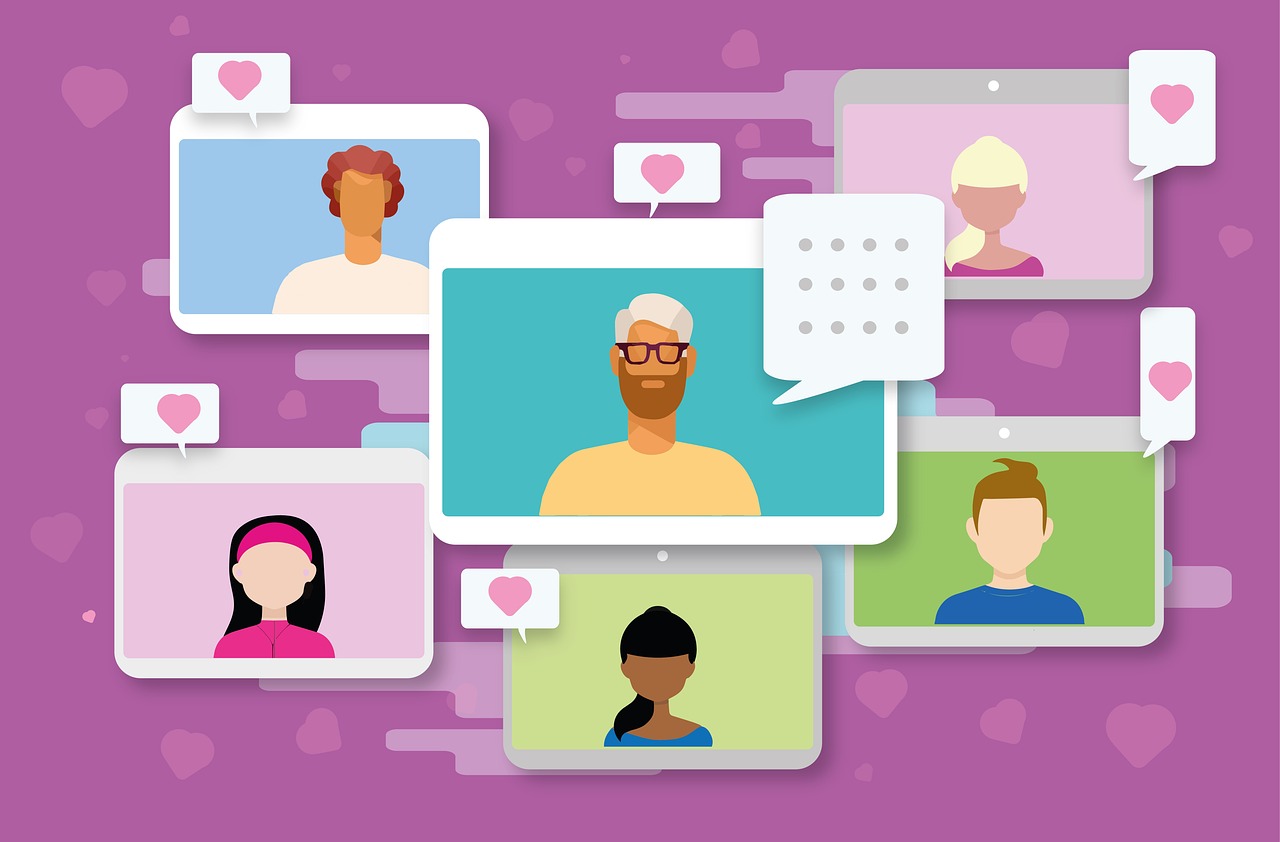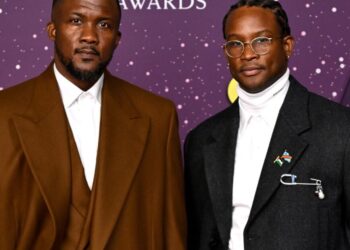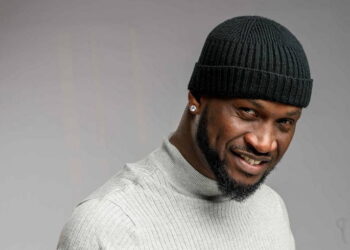Influencers. The term in itself has really changed in meaning over the last few years and seems to blur lines between conventional entertainers and digital ones. But as we push our way into 2024, one question seems louder than ever: Must influencers be regarded as entertainers? With millions of followers hanging off of their every word, influencers like Addison Rae, Charli D’Amelio, and Kylie Jenner boast more reach than some of the biggest names in Hollywood. Yet, while they entertain, they really don’t quite exactly follow the traditional path of an entertainer.

So, what’s the deal? Let’s first break down the undeniable “entertainment” side of influencers. These digital numbers don’t just sell products; they sell a message to their audience through authentic and relatable content. Charli D’Amelio popularized a viral TikTok dance into a massive cultural wave, which encouraged changes in music trends, fashion choices, and even social movements.
Addison Rae came in with being a TikTok dancer and segued into acting gigs, releasing music, and owning an ever-growing empire. After all, these influencers are entertainers in many ways; they just happen to do their entertaining in digital space, sans formal stage or screen.

Their main staples are relatability, humor, and the ability to engage with followers in real time. There is, however, a reason why many consider it a mistake to put influencers on the same plane as traditional entertainers. Traditional stars, like Beyoncé or Leonardo DiCaprio, honed their craft in acting, singing, or dancing over many years. They typically trained extensively, followed careers in a field considered respectable, and had substance as a skill set that supported their rise to fame. Influencers often rise to prominence out of mere luck or the virality of a moment. Most of them have no formal training whatsoever in the performing arts.
In 2024, entertainment isn’t only about formal education and performance skills; it’s all about connection and impact. And this is the point where influencers just excel. They have built huge personal brands, shaped entire industries, and influenced millions of people. They learned to entertain through stories, humor, and a particular lifestyle that proved entertainment can be more about the relationship with the audience than about the medium through which it’s delivered.
A different kind of craft, but an art nonetheless. Therefore, are influencers entertainers? The question may not be as black and white as, perhaps, what we really need to consider is how we define “entertainment” today. If entertaining is the art of engaging an audience, influencing culture, and shaping conversations, then influencers have earned their seat at the table. The future of entertainment might look very different from what we’re used to, and perhaps influencers are leading it.

















